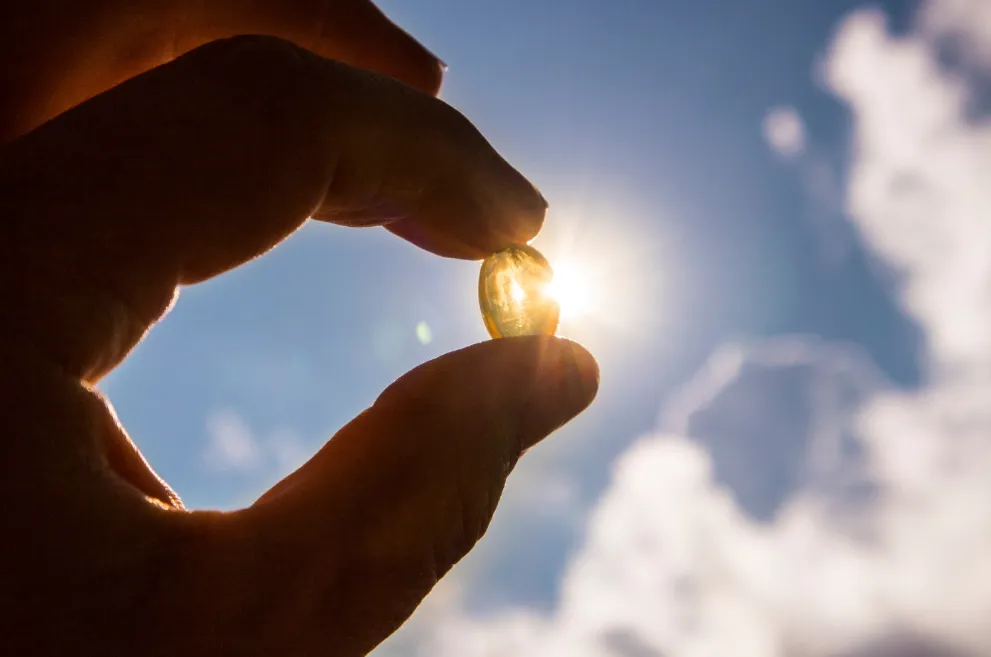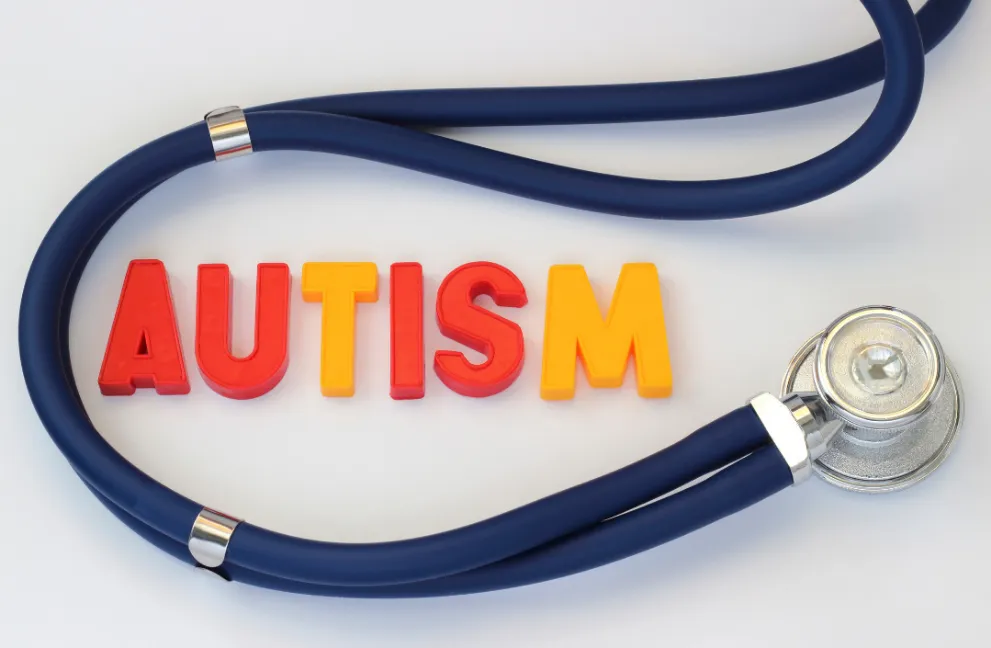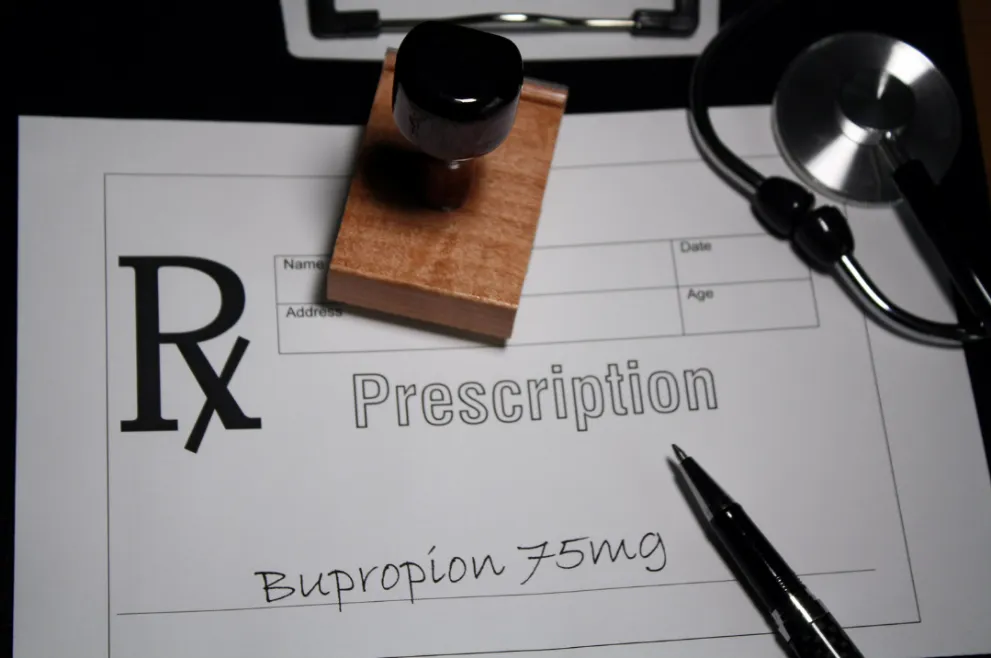How did we learn about Vitamin D and its importance?
Rickets became a problem when our ancestors transitioned from working in the fields to entering factories or schools; it was even more common during the winter months – likely due to low exposure to sunlight. Around 1920, people observed that those who consumed cod liver oil didn't commonly develop rickets. After that, vitamin D was identified as the component that prevented that disease and dietary vitamin D supplements were introduced.
What are the benefits of Vitamin D?
- Aids in one and teeth growth and development: Vitamin D helps in the absorption of calcium which is essential for the growth and development of bone and teeth.
- Helps prevent disease: Research shows vitamin D may help reduce the risk of multiple sclerosis (MS), heart disease, and severe illnesses such as flu and COVID-19. It also supports the immune system; people with low vitamin D levels are at increased risk of infections and autoimmune diseases such as rheumatoid arthritis, type 1 diabetes, and inflammatory bowel disease.
- Regulates mood and reduces depression: Research shows vitamin D may be essential in regulating mood and decreasing the risk of depression.
- Supports weight loss: Another study showed that vitamin D could be helpful in supporting weight loss; higher body weight has a higher correlation with low vitamin D levels. A study showed that overweight people who received vitamin D supplements in addition to their weight loss plan lost more weight and fat mass than the placebo group.
Why is vitamin D nicknamed the Sunshine Vitamin?
Vitamin D is nicknamed the Sunshine Vitamin due to our skin's ability to produce vitamin D when exposed to direct sunlight. Not getting regular exposure to sunlight can make it difficult for you to enjoy the health benefits of vitamin D. For those in regions with fewer hours of sunlight and for people with Seasonal Affective Disorder, which is linked to less sun exposure in the winter months, a vitamin D supplement may help them maintain their health.
What are other sources of vitamin D?
You can get vitamin D from foods containing good fats, such as salmon, egg yolks, and sardines, and vitamin D-fortified foods like milk, cereals, yogurts, and orange juice. If you have trouble getting enough vitamin D through food and sun exposure, you may need to take vitamin D supplements.
How much vitamin D do I need?
The Recommended Dietary Allowances for vitamin D are:
- infants (0–12 months): 10 mcg (400 IU)
- children and teens: 15 mcg (600 IU)
- adults 18–70: 15 mcg (600 IU)
- adults over age 70: 20 mcg (800 IU)
- pregnant or breastfeeding women: 15 mcg (600 IU)
Can I get enough vitamin D from sunlight alone?
You can get enough vitamin D from sunlight alone if you have good sunlight exposure. However, this can be a challenge for some. Climate, pollution, sunscreen use, and melanin levels in skin can all affect your ability to absorb vitamin D.
Can skin overproduce vitamin D?
Your skin cannot overproduce Vitamin D, as it stops when production when you have enough vitamin D in your blood. However, you can overdose on Vitamin D supplements. Experts advised not to exceed a daily dose of 2000 IU.
What are the symptoms of vitamin D toxicity?
Vitamin D toxicity, which can occur from overuse of vitamin D supplements, can lead to increased calcium absorption, which can cause symptoms such as nausea, apathy, vomiting, dehydration, and confusion.
What are the symptoms of vitamin D deficiency?
Symptoms of vitamin D deficiency include:
- tiredness
- bone weakness
- stress fractures
What should I do if I have vitamin D deficiency?
If a doctor diagnoses you with a vitamin D deficiency, they may first recommend you adopt a diet rich in vitamin D and get enough sunlight exposure. However, if deemed necessary, your doctor may prescribe you a vitamin D supplement.
You can save on your vitamin D supplement using a free RxLess prescription savings card. Follow these steps to use your RxLess card at most pharmacies, including CVS, Rite Aid, and Walgreens.
















